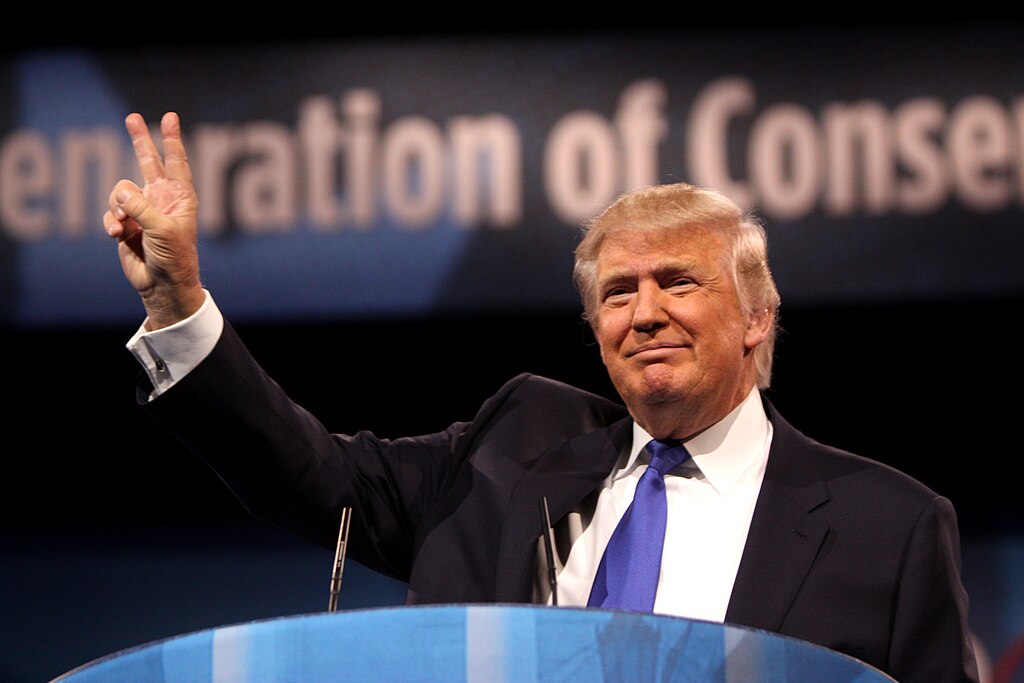The CIA has publicly refuted conspiracy theories linking it to Thomas Matthew Crooks, the 20-year-old gunman who attempted to assassinate former President Donald Trump. Since the July 13 shooting, far-right theorists have speculated that Crooks might have been influenced by the CIA’s defunct MKULTRA mind control program, a claim the agency has strongly denied.
Online speculation about shadowy deep-state plots is nothing new, but the CIA rarely addresses such theories. This time, however, the agency felt compelled to respond. In an official statement, a CIA spokesperson called the claims "utterly false, absurd, and damaging." The spokesperson emphasized that the CIA had no connection to Crooks and noted that MKULTRA, a program infamous for its illegal human experiments, was shut down over 40 years ago. Declassified information about the program is available on the CIA’s website, the spokesperson added.
The conspiracy theories gained traction on social media, with accounts like Real Global News suggesting that Crooks was a "test subject" triggered by the CIA. These unfounded claims evoke the long-standing and widely debunked theories about CIA involvement in high-profile assassinations, such as that of John F. Kennedy.
While the theories might seem far-fetched, the legacy of MKULTRA continues to fuel public skepticism. First revealed in the 1970s, MKULTRA involved illegal experiments aimed at developing brainwashing techniques. This history makes it difficult for the CIA to fully dispel suspicions, as noted by Jefferson Morley, an author who has extensively researched the CIA and the JFK assassination. Morley explained that the mainstream press’s dismissive attitude towards questioning the CIA only deepens public mistrust.
Tom O’Neill, who explored connections between Charles Manson and MKULTRA in his book "Chaos," observed a spike in his book sales whenever a high-profile violent event occurs. He believes this reflects a widespread public desire to find larger conspiratorial explanations for such acts, rather than accepting the possibility of lone assailants.
Joseph Uscinski, a political scientist at the University of Miami specializing in conspiracy theories, noted that people tend to adopt ideas that align with their preexisting worldviews. For many, this includes a belief in powerful, secretive groups controlling significant events. Uscinski highlighted the danger of political leaders and media personalities who propagate these theories, pointing specifically to Donald Trump, whom he described as "our conspiracist-in-chief."
Trump's propensity to endorse conspiracy theories exacerbates the issue, Uscinski argued. He pointed out that while it’s easy to dismiss fringe online theorists, the real concern lies with influential figures who lend credibility to these ideas, thereby undermining public trust in institutions.
The CIA’s rare public denial underscores the persistent challenge of combating conspiracy theories in an era where misinformation can spread rapidly online. As the agency continues to deal with the fallout from past clandestine activities, its efforts to maintain credibility are more crucial—and more complicated—than ever.



 Venezuela Oil Exports to Reach $2 Billion Under U.S.-Led Supply Agreement
Venezuela Oil Exports to Reach $2 Billion Under U.S.-Led Supply Agreement  Trump Floats “Friendly Takeover” of Cuba as Rubio Reportedly Engages in Talks
Trump Floats “Friendly Takeover” of Cuba as Rubio Reportedly Engages in Talks  Trump Warns Iran as Gulf Conflict Disrupts Oil Markets and Global Trade
Trump Warns Iran as Gulf Conflict Disrupts Oil Markets and Global Trade  USITC to Review Impact of Revoking China’s PNTR Status, Potentially Raising Tariffs on Chinese Imports
USITC to Review Impact of Revoking China’s PNTR Status, Potentially Raising Tariffs on Chinese Imports  Israel Declares State of Emergency as Iran Launches Missile Attacks
Israel Declares State of Emergency as Iran Launches Missile Attacks  NYC Mayor Zohran Mamdani Meets President Trump to Tackle Housing Crisis and ICE Detentions
NYC Mayor Zohran Mamdani Meets President Trump to Tackle Housing Crisis and ICE Detentions  Iran Supreme Leader Ayatollah Ali Khamenei Killed in Israeli, U.S. Strikes: Reuters
Iran Supreme Leader Ayatollah Ali Khamenei Killed in Israeli, U.S. Strikes: Reuters  Germany and China Reaffirm Open Trade and Strategic Partnership in Landmark Beijing Visit
Germany and China Reaffirm Open Trade and Strategic Partnership in Landmark Beijing Visit  Trump Launches Operation Epic Fury: U.S. Strikes on Iran Mark High-Risk Shift in Middle East
Trump Launches Operation Epic Fury: U.S. Strikes on Iran Mark High-Risk Shift in Middle East  Denver Mayor Orders Police to Protect Protesters, Restricts ICE Access to City Property
Denver Mayor Orders Police to Protect Protesters, Restricts ICE Access to City Property  Trump Media Weighs Truth Social Spin-Off Amid $6B Fusion Energy Pivot
Trump Media Weighs Truth Social Spin-Off Amid $6B Fusion Energy Pivot  Macron Urges Emergency UN Security Council Meeting as US-Israel Strikes on Iran Escalate Middle East Tensions
Macron Urges Emergency UN Security Council Meeting as US-Israel Strikes on Iran Escalate Middle East Tensions  Trump to Address Nation as U.S. Launches Strikes in Iran, Axios Reports
Trump to Address Nation as U.S. Launches Strikes in Iran, Axios Reports  Trump Floats Ted Cruz for Future U.S. Supreme Court Nomination
Trump Floats Ted Cruz for Future U.S. Supreme Court Nomination  Pentagon Leaders Monitor U.S. Iran Operation from Mar-a-Lago
Pentagon Leaders Monitor U.S. Iran Operation from Mar-a-Lago  Pentagon to Halt Ivy League Programs for U.S. Military Officers Starting 2026
Pentagon to Halt Ivy League Programs for U.S. Military Officers Starting 2026  Netanyahu Suggests Iran’s Supreme Leader Khamenei May Have Been Killed in Israeli-U.S. Strikes
Netanyahu Suggests Iran’s Supreme Leader Khamenei May Have Been Killed in Israeli-U.S. Strikes 































